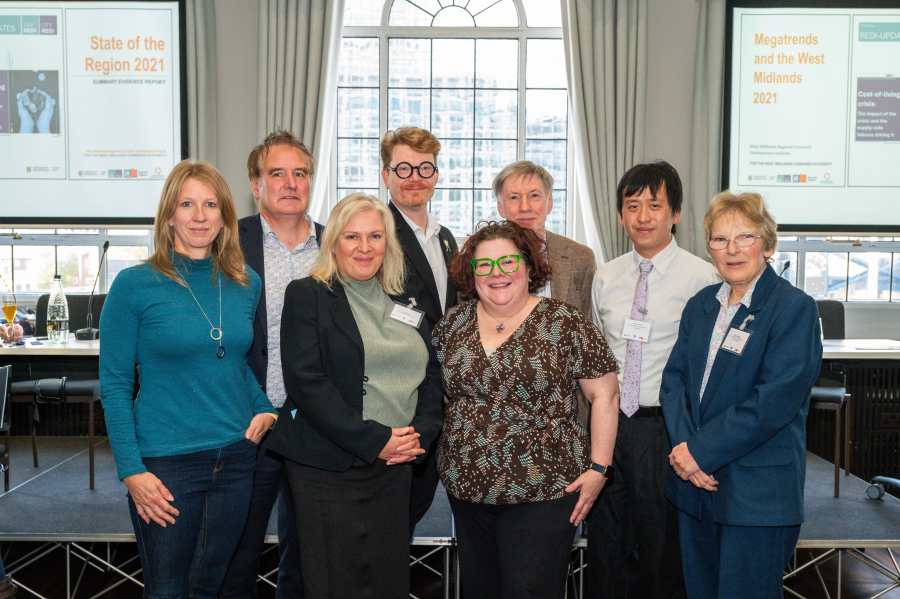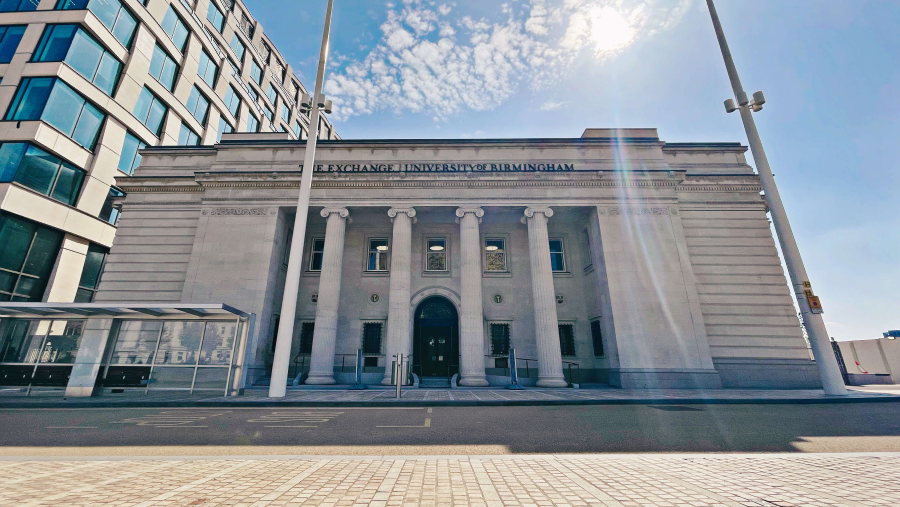The WMREDI Story was launched on Thursday, 10 October, at The Exchange, University of Birmingham. The report provides an in-depth look at the West Midlands Regional Economic Development Institute’s (WMREDI) successes, challenges, achievements, and impact.
Find out more and download the WMREDI Story
A brief history of WMREDI
WMREDI was based at the University of Birmingham’s Exchange building, in the heart of Birmingham. Its aim was to support inclusive economic growth in our city-region and regions across the UK.
Our partners were inspirational drivers from the start. Research England funding was matched with funding from the University of Birmingham and regional stakeholders, bringing total funding to over £11.5 million. They helped guide and advise the project and contributed to our research, which developed our intricate knowledge of the West Midlands.
It’s a testament to the involvement of our partners in the project that so many of them gathered at The Exchange for the report’s launch.
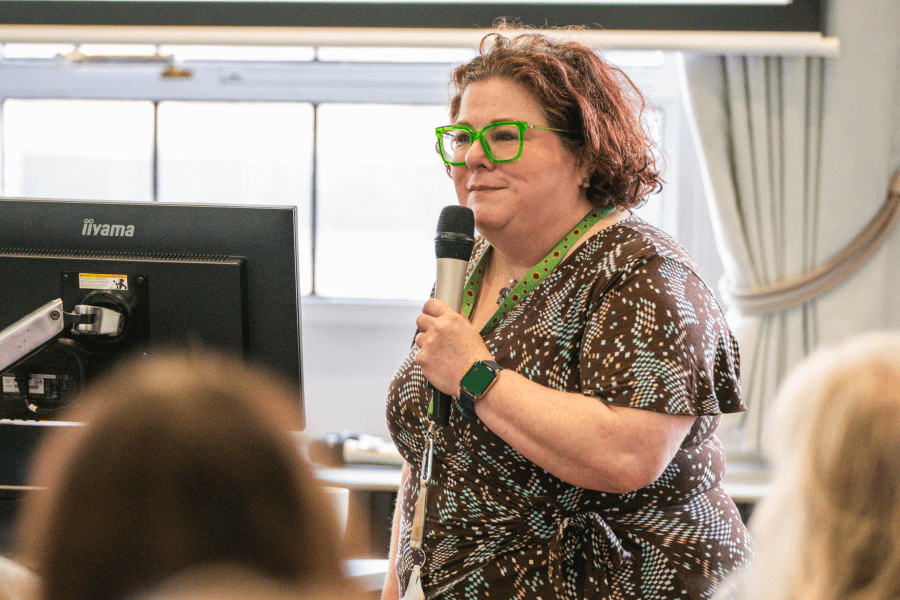
A day of celebration
The event opened with Rebecca Riley, the Co-Director of City-REDI / WMREDI, University of Birmingham, discussing some of the achievements of the WMREDI project. She talked about how City-REDI and WMREDI were formed to help bridge the gap between university-based R&D and research users in the UK, support the development and implementation of local industrial strategy and build regional analytical opportunities.
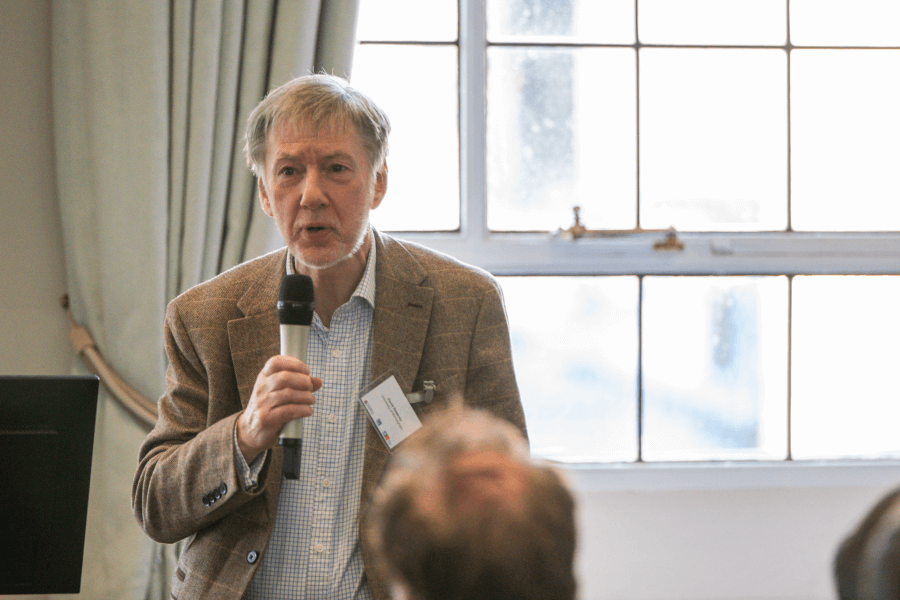
Next to speak was David Sweeney, Professor of Research Policy at the University of Birmingham, previously Executive Chair of Research England. Professor Sweeney emphasised the value created from WMREDI’s work for the UKRI, as well as the importance of partnership working to help improve the region.
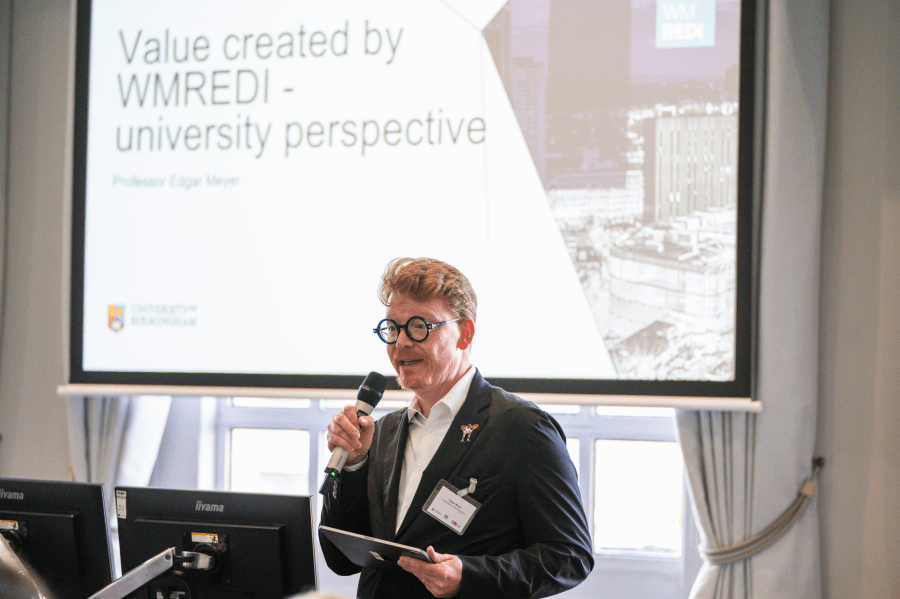
Professor Edgar Meyer, Dean of Birmingham Business School was next to present his keynote speech. Edgar talked about celebrating the success of WMREDI and the impact of the organisation not only in the Business School but also on the local community, businesses and the wider region. He discussed the pivotal role WMREDI played in the creation of The Exchange which has created a collaborative space for local partners and businesses as well as hosted meetings during fantastic events like the Commonwealth Games.
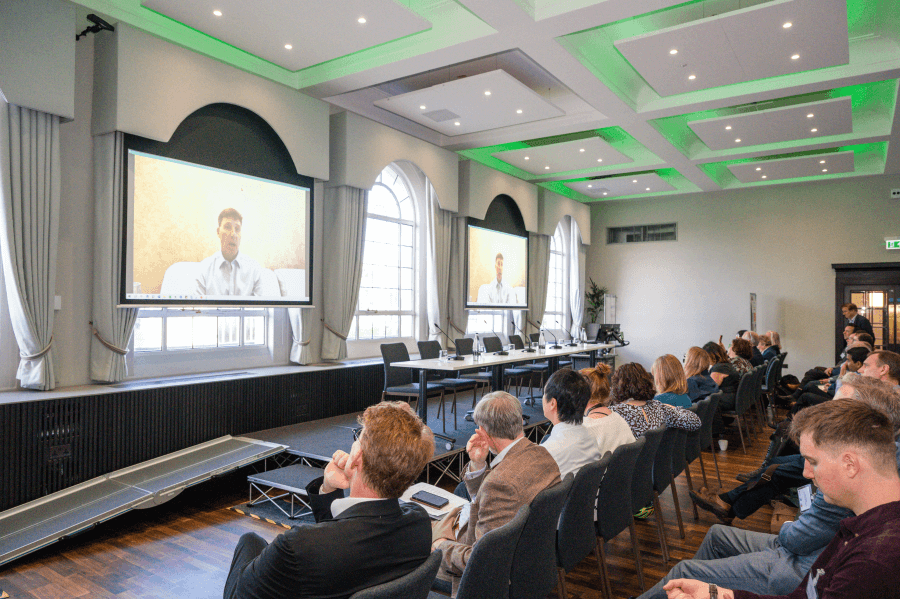
Professor Simon Collinson joined the event with a pre-recorded message from his current base in China. Professor Collinson was until this year, the Director of City-REDI and WMREDI and Simon talked about the setting up firstly City-REDI and then WMREDI.
He discussed that one of the key aims of WMREDI was to develop usable, useful, relevant insights into the difficulties faced specifically by policymakers in city regions outside London and the south-east of England. This meant making the work relevant and user-led.
He praised our local partners for their dedication to improving the region. They set our priorities and continually reset our priorities as we went through Brexit, Covid, and ongoing shocks and disruptions which now appear to be absolutely norm across the world. It quickly became clear that improving the capacity of these regions to grow better, more productive, more inclusive, and better at both creating wealth and distribution and distributing wealth more evenly, was crucial.
Professor Collinson also talked about the City-REDI team, who he described as an exceptional, very diverse group of people, who have had to manage the learning curve of setting up WMREDI.
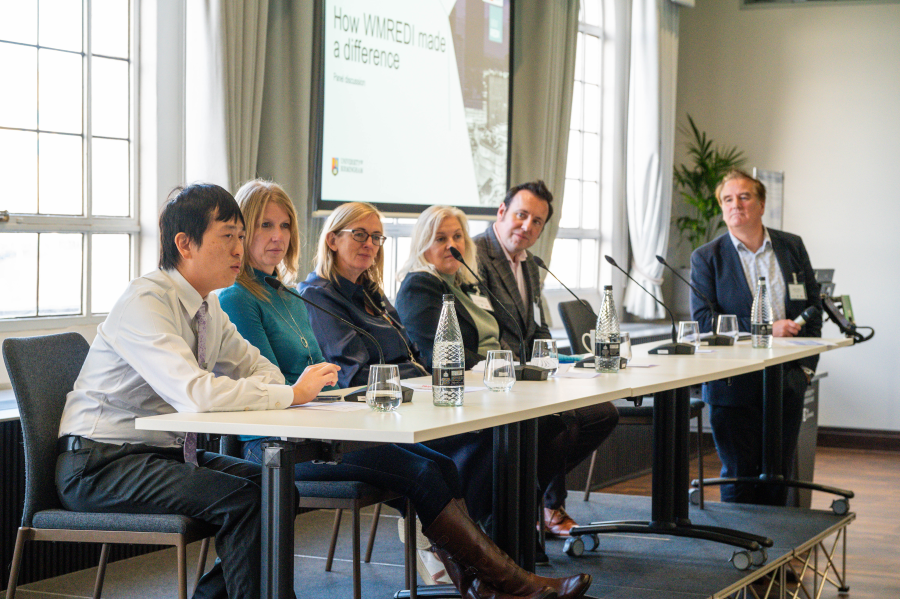
Panel discussion
Next, there was a panel discussion chaired by George Bramley, Principal Analyst, City-REDI / WMREDI, University of Birmingham. The panel featured people from the WMREDI partnership, reflecting on their work with the Institute. The panel included:
- Professor Delma Dwight, Director of The Economic Intelligence Unit
- Hilary Smyth-Allen, Executive Director at SuperTech WM
- Si Chun Lam, Head of Research, Intelligence, and Inclusive Growth, West Midlands Combined Authority
- Eliot Marston, Deputy Director of Operations (Research), College of Medical & Dental Sciences, University of Birmingham
- Tara Verrell, East Birmingham Programme Manager, Birmingham City Council
The panel highlighted some of the impacts of working in partnership with WMREDI. These included:
- Building an evidence base on which good policy decisions can be made.
- Providing a solutions-focused approach and proactive partnership.
- Helping to upskill local authorities was important and helped bring greater investment in the region.
- Emphasising the importance of building evaluation into project work.
- Trying to embed inclusive growth into work.
- Building and growing partnerships within the region.
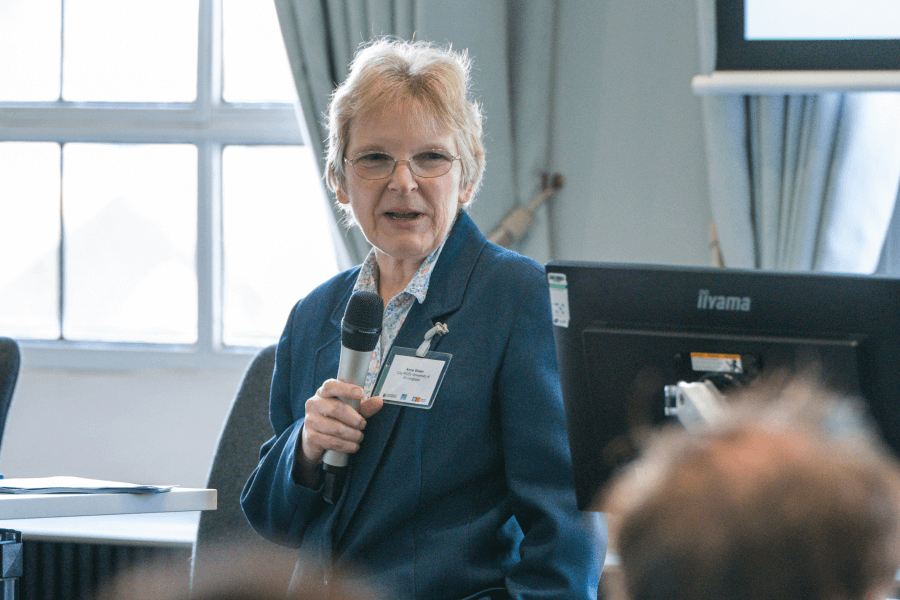
Building on WMREDI: next steps and opportunities
To end the event, Professor Anne Green, Co-Director of City-REDI / WMREDI, University of Birmingham, highlighted some of the key pieces of work by WMREDI and how we continue to build upon this work in the region.
WMREDI funding helped us to strengthen the research, intelligence and knowledge exchange ecosystem in the West Midlands – and to feed into debates at pan-regional, national and international scales.
Professor Green gave six examples of how we are building on foundations set by WMREDI:
- Supporting capability and capacity building – we are using learning from business case development and evaluation for example to develop new online modules due to be launched in 2025.
- Continuing to develop business cases for regional consortia and following through with evaluation support.
- Supporting universities in creating and measuring civic impact through the National Civic Impact Accelerator.
- Supporting other place-based initiatives through the Local Policy Innovation Partnership Strategic Hub, so transferring learning beyond the West Midlands.
- Working on the role of procurement in driving local innovation (with a briefing published this week)
- Developing more of our WMREDI and related experience into landmark academic journal articles.
Looking Ahead
Professor Green then went on to note that we are at a key juncture, but one which is characterised by policy flux nationally and regionally – with Green and White Papers forthcoming on Industrial Strategy, Devolution, and Employment Support, amongst other topics. She emphasised that the research, intelligence and knowledge exchange ecosystem in the region needs continual nourishment to survive and thrive.
Find out more and download the WMREDI Story
Disclaimer:
The views expressed in this analysis post are those of the author and not necessarily those of City-REDI, WMREDI or the University of Birmingham.
A big thanks to Nicola Gotts Photography for the photos from the event.

